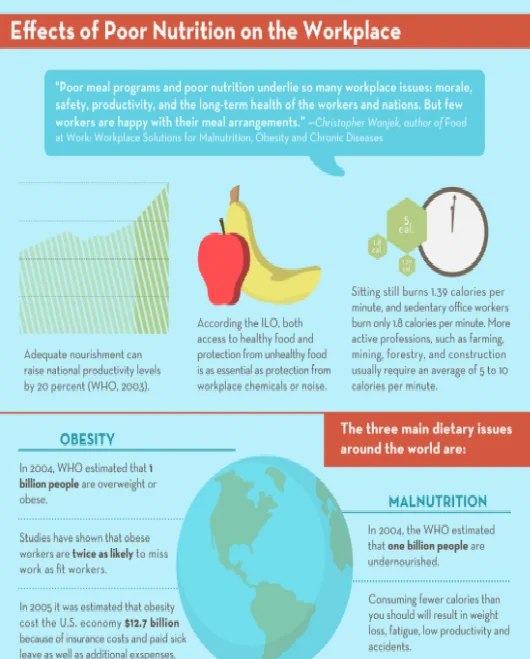By:
TrainCoreFit
06-27-2025

Discover the secret to staying fit and focused in the workplace with these simple tips to burn calories, not bridges.
Balancing work, family, and other responsibilities can make it challenging to prioritize fitness. However, with a well-planned workout and nutrition regimen, you can make significant progress towards your fitness goals while still managing your busy lifestyle. In this blog post, we will walk you through the steps to create the ultimate workout and nutrition plan for success at the gym.
Before diving into any workout or nutrition plan, it’s crucial to define your goals. Do you want to lose weight, build muscle, improve endurance, or simply enhance your overall fitness level? Setting specific and achievable goals will help you stay motivated and track your progress along the way.
Assessing your current fitness level is essential to determine where you stand and where you want to go. You can start by evaluating your cardiorespiratory fitness, muscular strength, endurance, flexibility, and body composition. This assessment will guide you in tailoring your workout and nutrition plan to meet your individual needs.
Seeking professional guidance from a certified trainer or nutritionist can provide you with expert advice and support in creating a personalized plan. A professional can help you design a workout routine that targets your specific goals and a nutrition plan that complements your workouts and promotes optimal health.
Image courtesy of www.quora.com via Google Images
A well-rounded workout routine typically consists of cardiovascular exercise, strength training, flexibility work, and rest days. Cardiovascular exercise helps improve heart health and burn calories, while strength training builds muscle and boosts metabolism. Flexibility work can enhance mobility and prevent injuries, while rest days are essential for recovery and muscle repair.
Consistency is key when it comes to seeing results from your workouts. Plan your gym schedule in advance, taking into account your other commitments and selecting time slots that work best for you. Aim for a mix of different workouts throughout the week to keep things varied and engaging.

Image courtesy of evolvingthroughexercise.wordpress.com via Google Images
Nutrition plays a crucial role in fueling your workouts and supporting your overall health. Focus on consuming nutrient-dense foods such as fruits, vegetables, whole grains, lean proteins, and healthy fats. These foods provide essential vitamins, minerals, and antioxidants to help you perform at your best in the gym.
Meal prepping can save you time and ensure that you have nutritious options readily available. Prepare balanced meals ahead of time and portion them out for easy grab-and-go options. Additionally, stock up on healthy snacks like nuts, fruits, yogurt, or veggies and hummus to curb cravings and keep your energy levels up throughout the day.

Image courtesy of www.atlantictraining.com via Google Images
Staying hydrated is vital for overall health and athletic performance. Drink an adequate amount of water before, during, and after your workouts to prevent dehydration and support recovery. Proper hydration can boost your energy levels, improve focus, and help your body function optimally during exercise.
Tracking your progress is a powerful tool to stay motivated and make informed decisions about your workout and nutrition plan. Keep a journal of your workouts, take measurements of your body composition, and regularly assess your fitness level. Celebrate your achievements, no matter how small, and use setbacks as opportunities to learn and grow.
Table of Contents